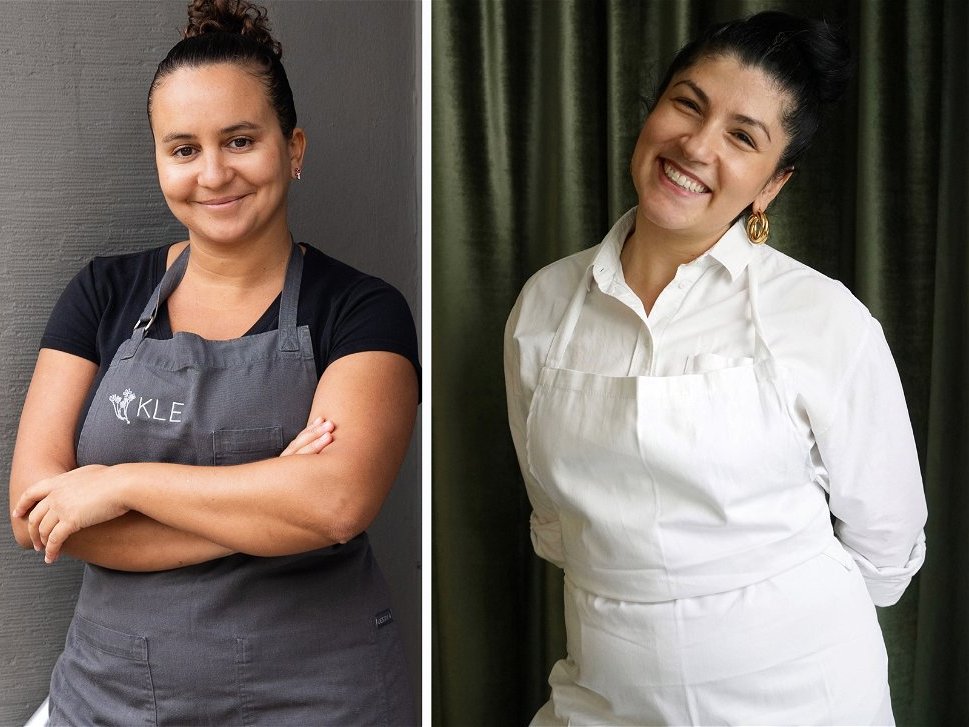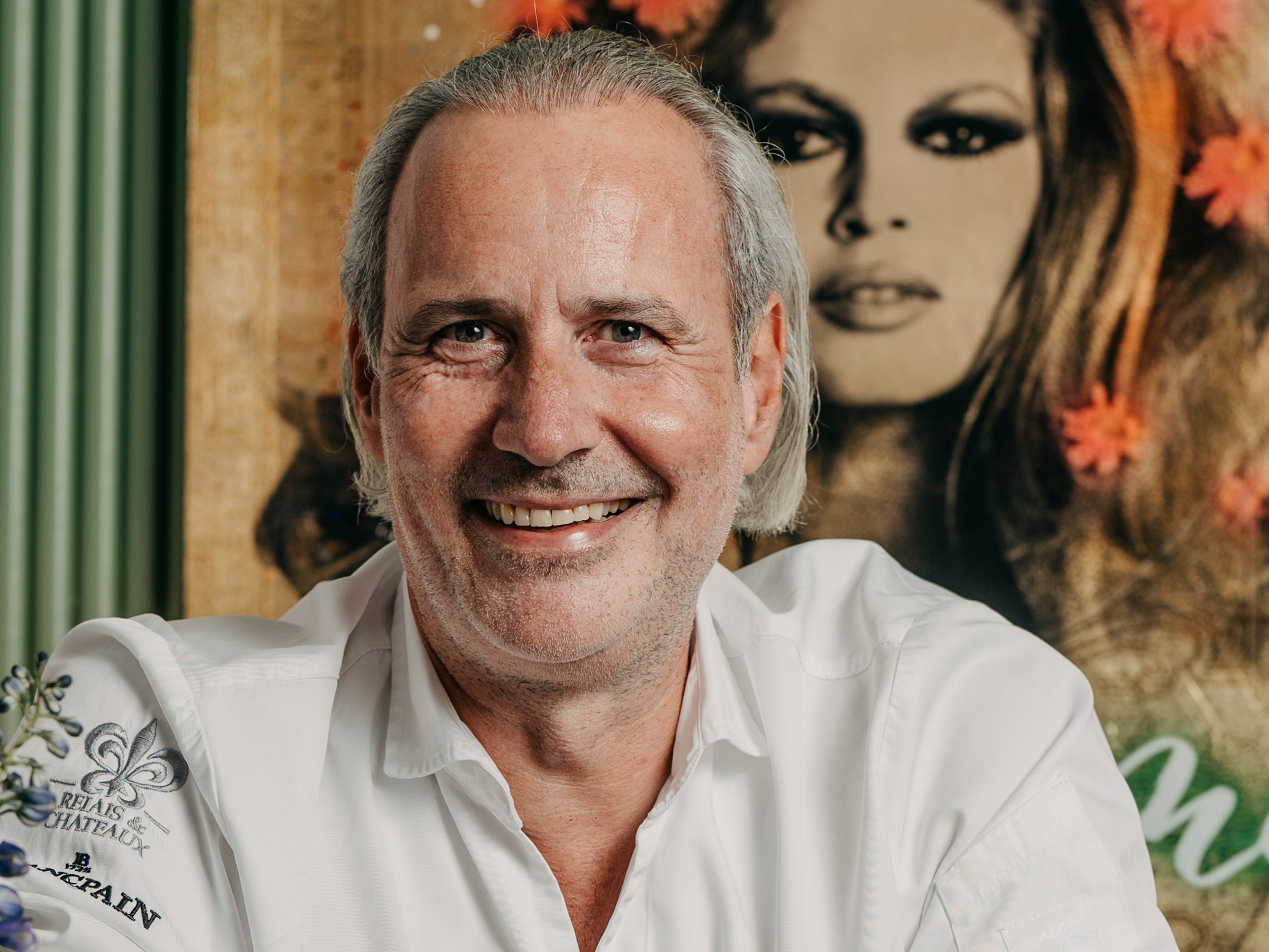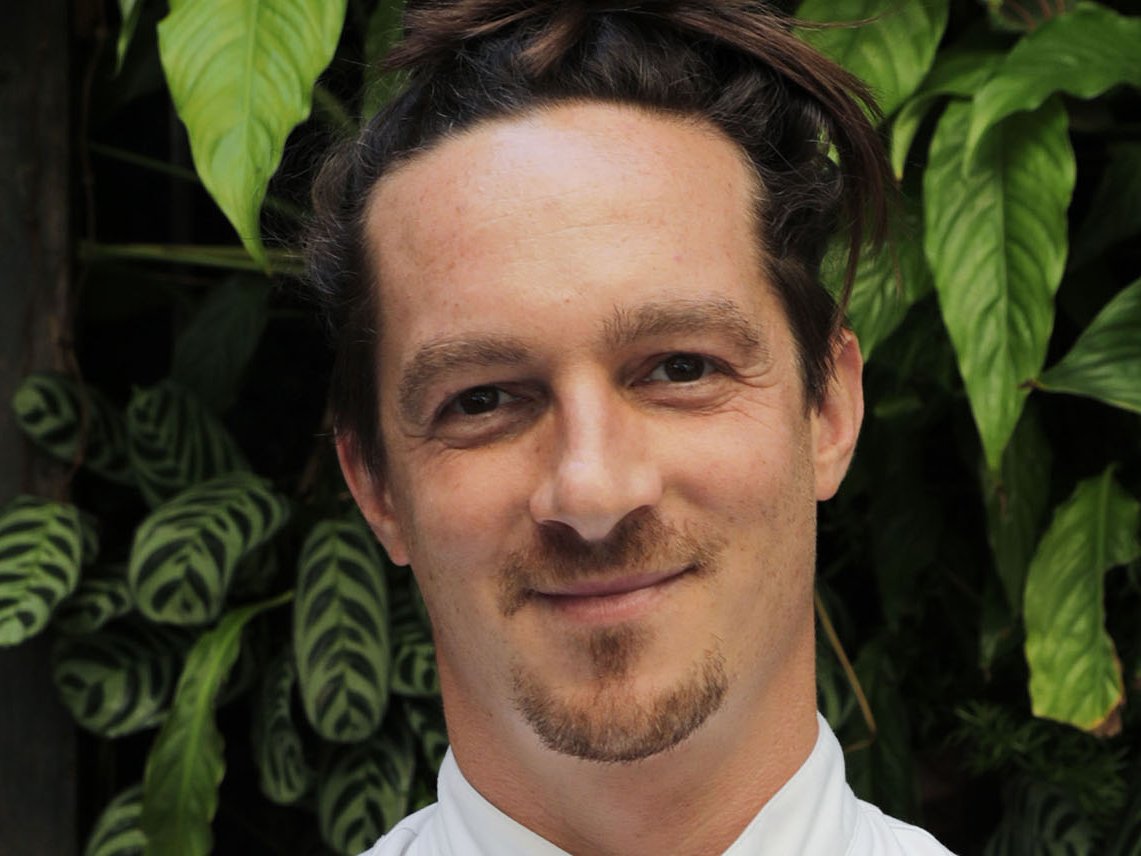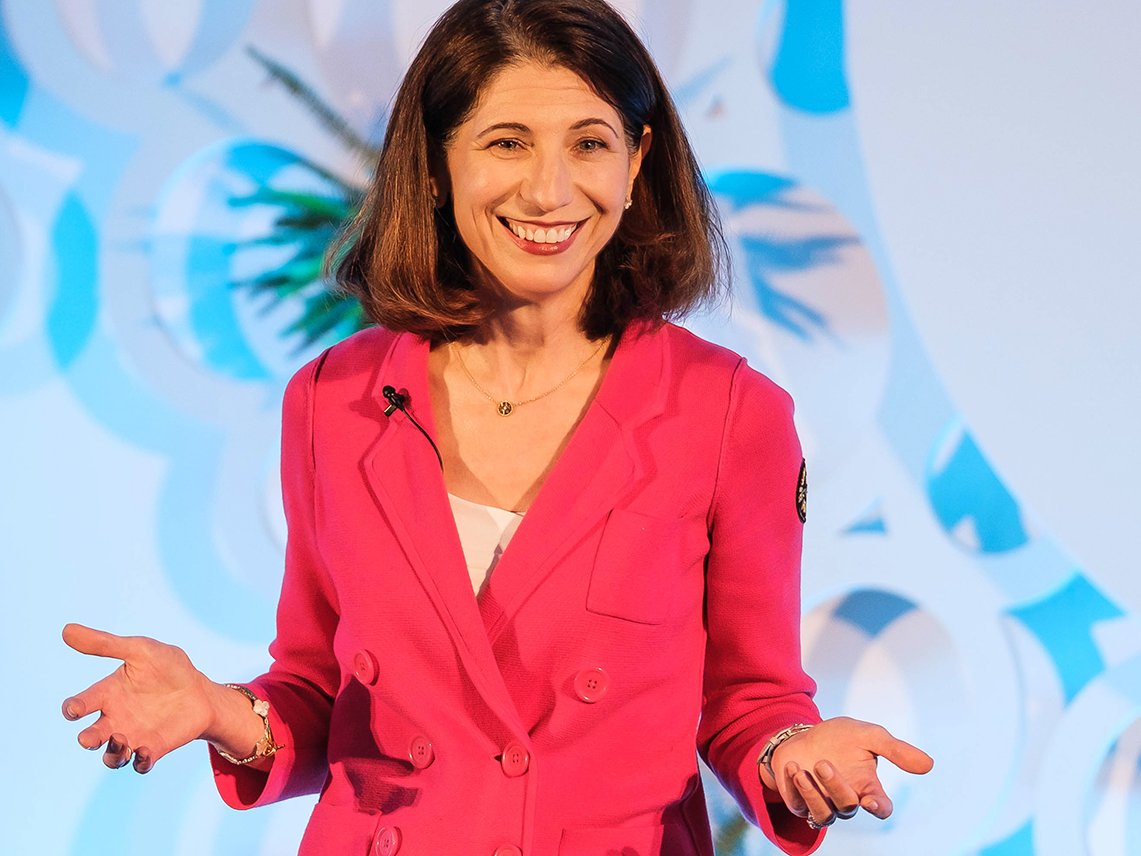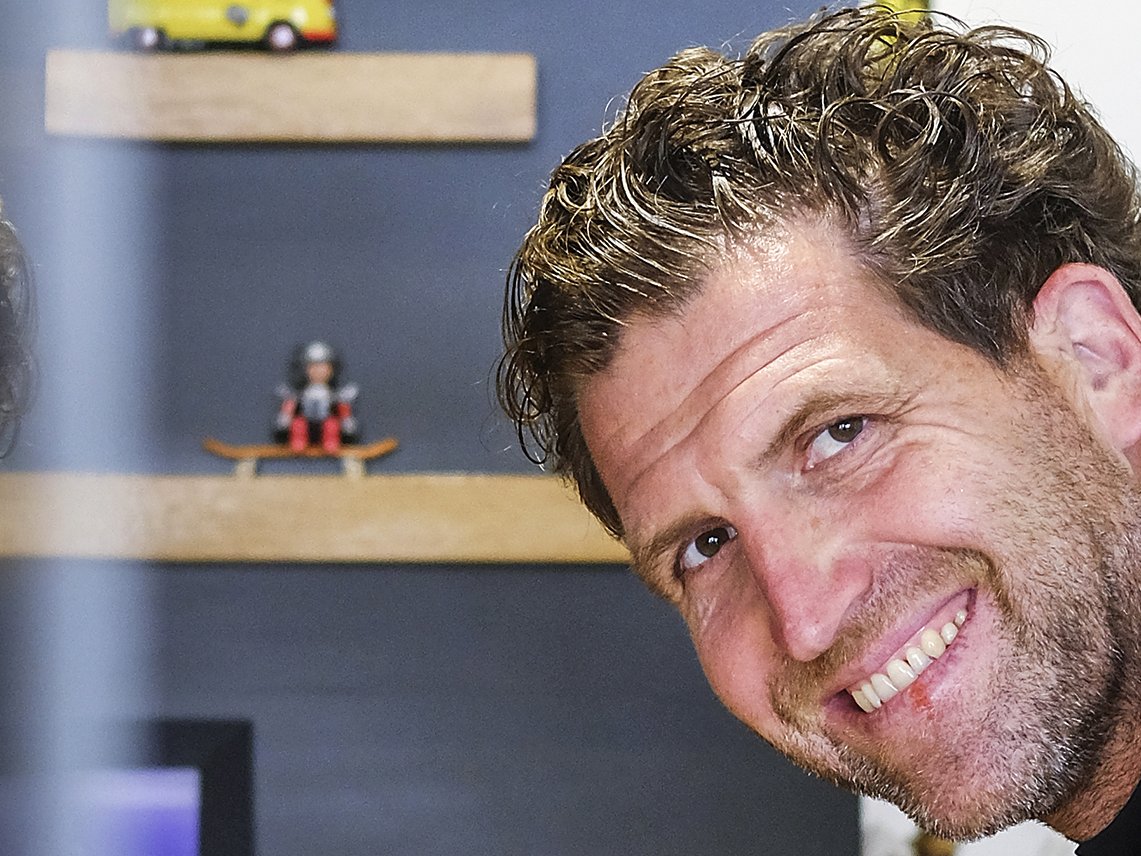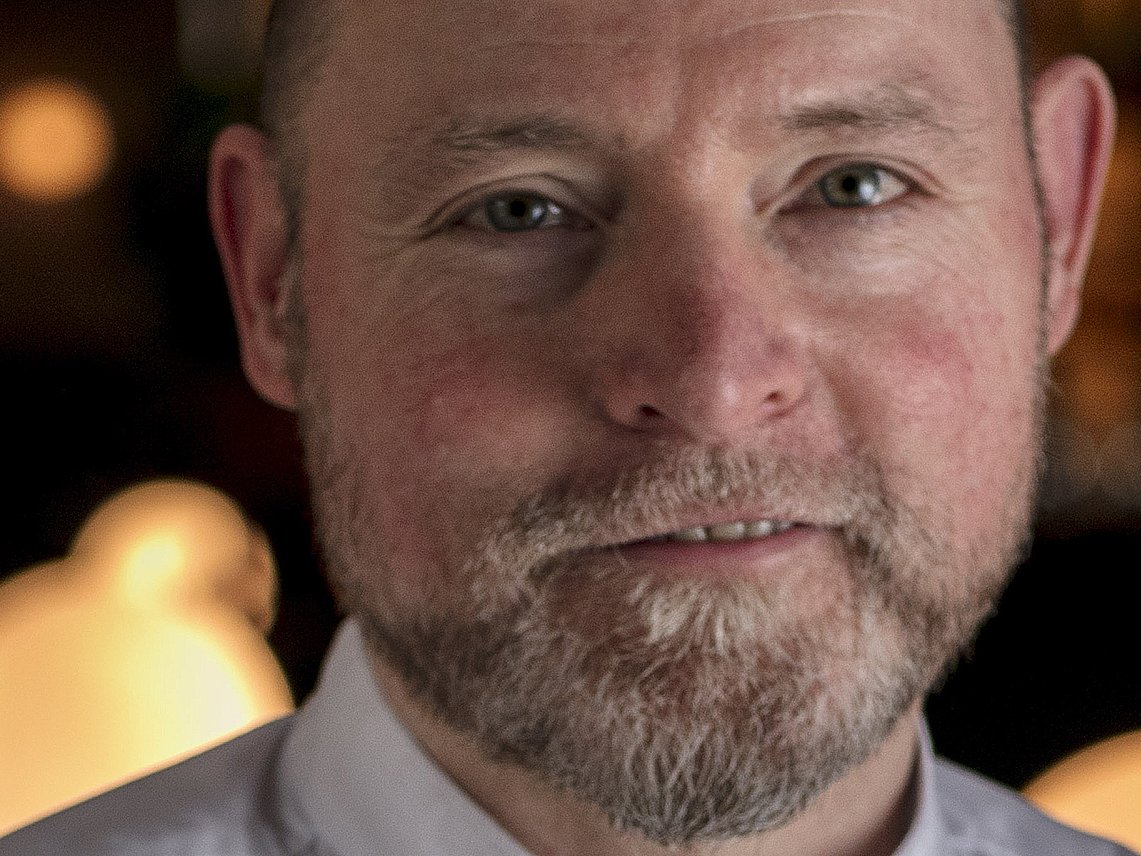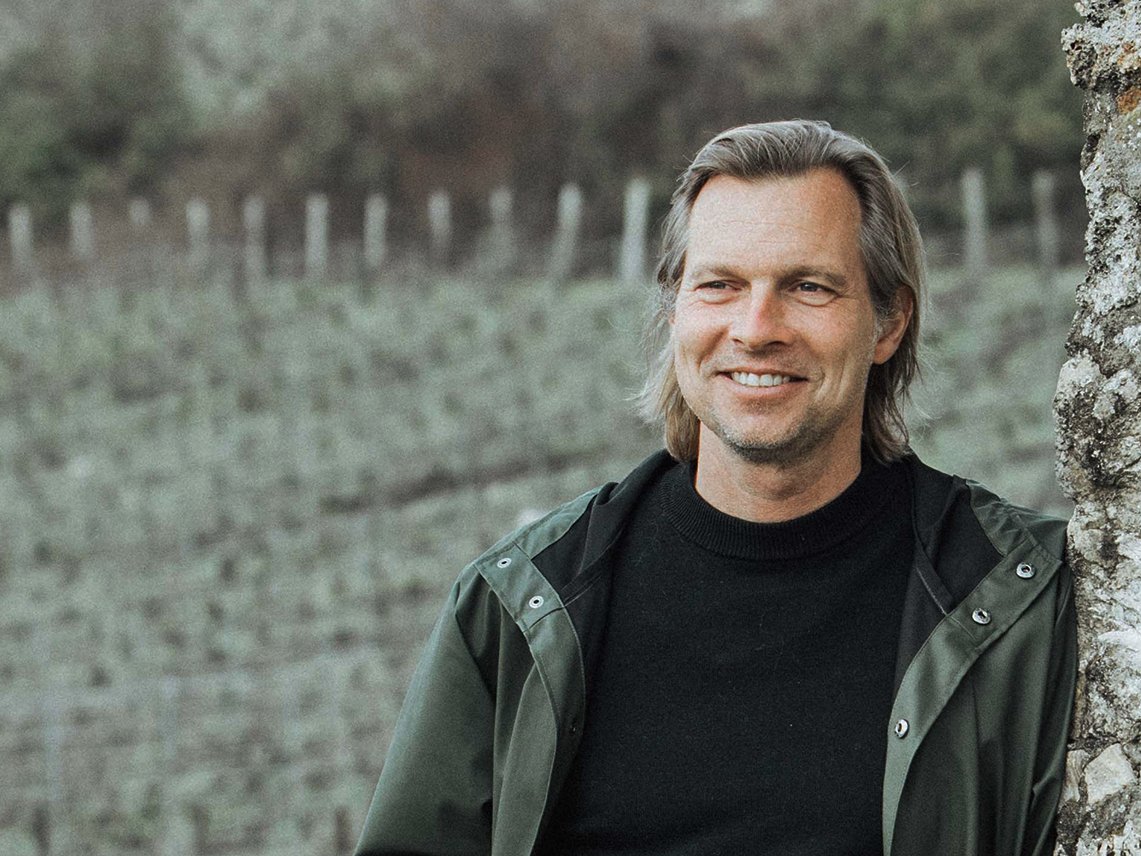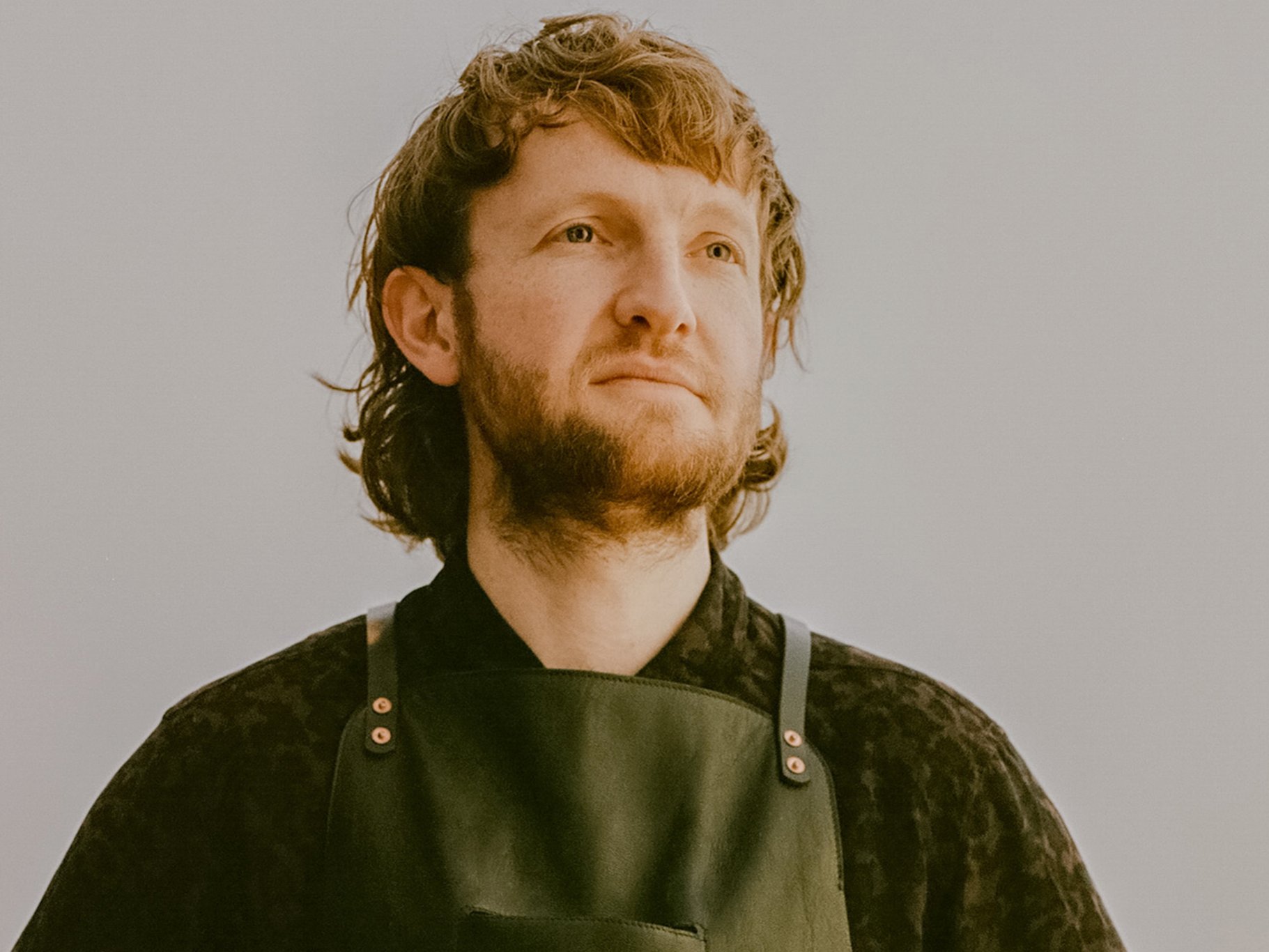Interview: Hugh Fearnley-Whittingstall talks about sugar, healthy food and plant-based meat
The River Cottage chef and food writer explains to Falstaff why sugar preys on our evolutionary disposition.
Falstaff: We recently wrote about your new ketchup range with less sugar: do you think there is too much sugar in industrially-produced food?
Hugh Fearnley-Whittingstall: There´s way too much sugar in our diets, and most of it is coming from highly processed foods – we are reaping a whirlwind of obesity globally. It has to do with hundreds of thousands of years of evolution: we would pile into any food with high sugar content because it would help us lay down fat in preparation for a season of less food. And we still have this hardwired desire to consume highly calorific foods, and yet famine never comes for most of us in Western society; of course, there is the problem of famine in other parts of the world. So, you keep laying down the fat, but you never burn the fat. And it´s not just sugar.
What do you mean?
It is about refined carbs, white flour without roughage, without fibre; and refined oils, especially those that have been transformed by processing. The body just lays these things down as fat. There is a very little nutritional benefit with oils and the nutrient benefit from refined sugars is close to zero – the only way that they are a desirable ingredient is for somebody who is starving, which most people in the West are not. So, there is far too much sugar in our diets, and we are not going to be able to give it up, but we can get pleasure from much less sugar. And that´s what our ketchups are delivering, with less than 10 per cent sugar in every case. But no one ever said (about River Cottage ketchups) ‘that’s not sweet enough?’
But such products are rather the exception on the market?
Because sugar is such a cheap ingredient and such an easy win, and because it takes advantage of our evolutionary disposition; the industry has been overusing it for decades now. It is going to be hard to take it out of our diet, but it should not be hard to reduce it considerably. Actually, you can bring the sugar down in some products. Our River Cottage Kombucha (fermented beverage, made with tea) contains less than five per cent sugar. But you drink it, and it got a pleasing sweetness and a lovely acidity and a sparkling nature as well. The sweetness is not taken out, it is there at a low level, but it still delivers to that pleasure centre in the human brain.
Do you think that with less sugar, the consumers might be getting more taste in other ingredients?
Of course. If you transfer your home baking to higher fibre, more nuts, more natural fruits, and less sugar, you´re delivering more flavour because these things have flavour beyond sweetness. Nuts have got nuttiness, and dried fruits have natural sweetness. So, you actually develop a much more rounded set of flavours, and that´s why these dishes can still be very satisfying because they´re more interesting. At the River Cottage Kitchen, which we opened last year, we took 20 per cent of the sugar out of all our desserts and baking, as well as using really good flours. And not one person has said: Your cake is not sweet enough or your dessert is not sweet enough. Most people don´t notice. They enjoy it because we have very good chefs and very good recipes.
Speaking about sugar: people want to consume healthy food but it might not be easy to find healthy and organic food at supermarkets.
The foods are there, obviously, in specialist shops and grocers. And home delivery is very big for organic; we have three or four major companies in the UK now that deliver organic food to your home. The supermarkets also have organic ranges, which expand according to consumer demand, but when times are tough, one area where people love to save money is food. Arguably this is wrong, because what you put in your body is more important than anything else.
Behavioural changes are always difficult?
Are we prepared to change the culture to accommodate what we now know about our health and about the health of the planet? The state of knowledge is better than it has ever been. We have argued about fat and sugar and calories, but now most of those issues have been settled. We know that we need less refined food, less refined ingredients; we need food that is closer to its natural state and we need diversity, lots of different foods, especially plants. Whether you look at it from a health point of view or a calorie point of view, or a blood sugar point of view, the answer is a broader diet of mainly plant-based foods. Our actions as consumers are still behind the curve of our knowledge, but we are catching up.
Do you think you can rely on the market for that change?
This is a question that I’ve been deeply embedded in for the last decade, because I´ve been a big part of the campaign to change government policy on obesity. You can´t rely on the markets because the markets are incredibly invested in industrial agriculture and in global ingredients like sugar, which is actually made of high-fructose corn syrup from maize, and also from sugarcane. Or highly refined starch in the form of white flour and white rice, giving us white bread and white pasta, and all of the snacks that are made out of those products. The food industry has these cheap toys it can play with, and its sophisticated processing and machinery can spin these cheap ingredients, which have very limited nutritional benefits, into almost endless combinations. That is the food system, whether you´re talking about breakfast cereals or snacks, or treats or cakes. The vast majority of the calories we consume now are from these ultra-processed foods, so, you do need policy as well as cultural understanding; you need government policy to shift the dial.
What can be done in this respect?
There are various levers you can pull. There´s a sugar tax in the UK, which has actually succeeded in reducing the sugar in soft drinks, for which there will be some significant health benefits that we will be starting to measure in the next few years. We have had a big discussion going on for the last ten years: should we restrict junk food advertising, particularly to children? Ideologically, our government has been opposed to health interventions: they don´t want to tell you what to eat, and they don´t want to interfere with your life choices. But of course, that changed completely when we had COVID because the government suddenly told us that we all had to stay at home. So, if you can have government intervention in this supposed emergency, I can tell you, obesity is a bigger emergency than COVID. We do have small interventions in response to increasing levels of public awareness and public concern and activist campaigning, coming from people like myself or Jamie Oliver, and also from brilliant organisations like Action Against Sugar, or the Obesity Alliance, but most of the response to it is whatever minimum the politicians think they can get away with. Like the announcement to restrict junk food advertising to children, which keeps getting kicked down the line. They say we have a cost of living crisis, so we can´t do that now, people need cheap calories. So, you mean it´s okay for people to become sick through obesity because there´s a cost of living crisis? That doesn´t make sense.
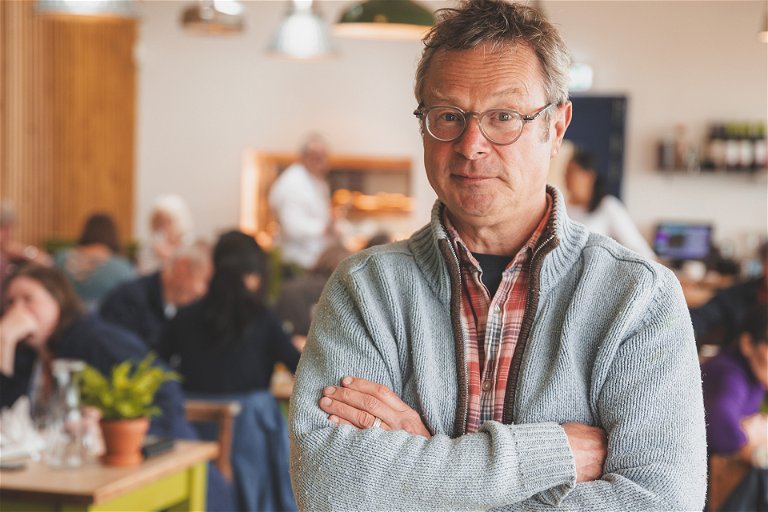
If consumers have to bear in mind climate protection, animal welfare, local production and healthy food, it might be difficult to choose the right products.
There are many choices, and not all of them are expensive. The price of some of the most familiar fruits and vegetables is not that high. But there’s also a knowledge gap and a skills gap, because in order to get the best value out of these products, you need to buy them in the raw state and you need to transform them at home, in your own kitchen. We need to re-equip the emerging generation with the skills to make healthy food from inexpensive, mainly plant-based ingredients.
Speaking about meat: meat consumption in the EU is falling dramatically. What does this mean for agriculture and for the food industry?
It is a bit of a crystal ball question because so much is changing so fast. We are looking at a rapidly emerging set of technologies for plant-based meats, and cellular meat, and more. But it depends on what direction these take, and whether we can make them in a way that creates foods that our body is happy to consume. If you are going to make plant-based meat, can you do it without overprocessing the product? Like yellow pea, one of the most useful proteins in making plant-based meat: it is a good, healthy ingredient, it’s got protein and fibre, but in transforming that yellow pea flour into something that we enjoy as an alternative to meat, do we have to add so many additives and process it so much that we destroy the inherent health benefits of having a plant rather than an overprocessed meat product?
Which of these products will succeed?
The ones which get both the belief of the consumer in they´re doing the right thing for the climate, and the taste for the consumer that it is enjoyable. The genius of food marketing is that we know people can be persuaded to buy things that aren´t very good for them; it’s called greenwashing. We can have greenwashing of alternative foods and even health washing of alternative foods if we’re not vigilant enough. We need well-informed consumers who are prepared to do the research; and we need good journalism, reporting on these new products as they emerge. Even with technology solutions like precision fermentation, you´re not going to get the whole world suddenly saying ‘I´m on board with that’. Meat is going to be part of our diets for quite a long time to come. Efforts to make meat production more sustainable, even as meat becomes more of a niche product, are still worthwhile. The solution is going to be a blended solution. If we get a reasonable blend of different technologies, there will be a role for lower impact and more climate-friendly meat production,
What do you think of plant-based meat yourself?
I am very open-minded about it. I am trying some of the new products, and with some of them, I am quite impressed. I am not so sure about precision fermentation because it is still in an early stage. With plant-based meat, which is made from something like a pea, with good use of the right kind of flavourings, and not too much processing, you can create a patty or a steak that´s really quite pleasing to eat. I have a hunch that we´re going to see a more rapid expansion in the plant-based meat sector very soon.
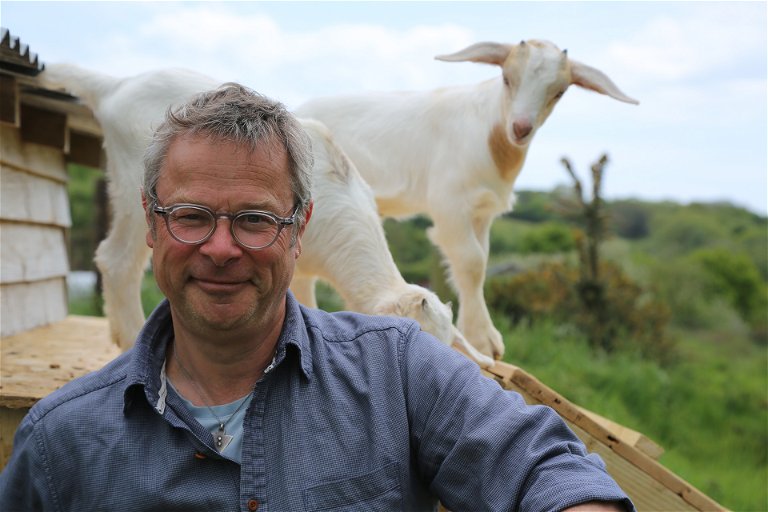
Do you use plant-based meat at your River Cottage Café?
No, but we are quite experimental with plants. Our team of creative chefs makes those plant-based dishes from whole plants, like soups and roasts. We are using the vegetables from our garden and from our neighbours. In fact, we are more plant-centred than we have ever been, and we continue to evolve. We are happy to make plant-based dishes for our vegetarian and vegan customers, but actually, we are making them for all our customers, including our omnivorous customers. When I go to River Cottage, I am more likely to order a vegetarian dish.
What about plastic?
We try to reduce plastic. But it is very hard to persuade people not to bring plastics through your door when they deliver. We have succeeded with meat and fish, and we have reusable boxes that are dedicated to us. But the industry is still very dependent on plastic, and if you say we don´t want any plastic, they will take it out of the plastic at the top of the hill, and the plastic will be sitting in their car. Well, have we solved the problem? No. We need more systemic thinking in the long term.
Apart from that, what are your plans for River Cottage for the next months or years to come?
At the cookery school, we have launched our online courses. Almost all the courses that we do in person at River Cottage are now available online as authenticated cookery diplomas; there is a basic diploma and an advanced diploma. This is done in partnership with a fantastic platform called Learning with Experts. That was a project that started during Lockdown: when the pandemic came along, and we had a bit of time on our hands, we decided in a systematic way to create an online diploma. That is a big part of the future of our business, but at the same time we continue to welcome people to River Cottage in person. The core of everything we do is education and influence. Online courses and real-world courses are a part of that. And then there are our organic products, which we believe are outstanding, the best you can get in those categories. You won´t find a better organic ketchup, a better organic stock, a better kombucha or sauerkraut. They are all healthy, and they are all organic.
You are working with partners like 9 Meals From Anarchy. What about such partnerships?
They are a great business. We met Tom Whitley, who started 9 Meals From Anarchy, at an early stage, and I knew we could work together. A lot of these partnerships tend to keep quiet about the other partner, but that´s not us. We are very proud of our partnerships. I'm very proud to be working with 9 Meals From Anarchy, or Equinox on our Kombuchas, Holworthy Farm in our cafes, and Stroud Brewery in our beers.
About Hugh Fearnley-Whittingstall
Hugh Fearnley-Whittingstall, born in London in 1965, is a chef, food writer and campaigner on food issues. He became famous with his River Cottage TV series, which first aired in 1999. The brand is now concerned with other ventures including restaurants, products, events and courses, with its headquarters on a 100-acre farm on the Devon-Dorset border. Hugh has also campaigned on a wide range of subjects including animal welfare, environmental issues and health, including one to reduce consumer waste, and he has written several cookbooks, including his latest, River Cottage Good Comfort.



